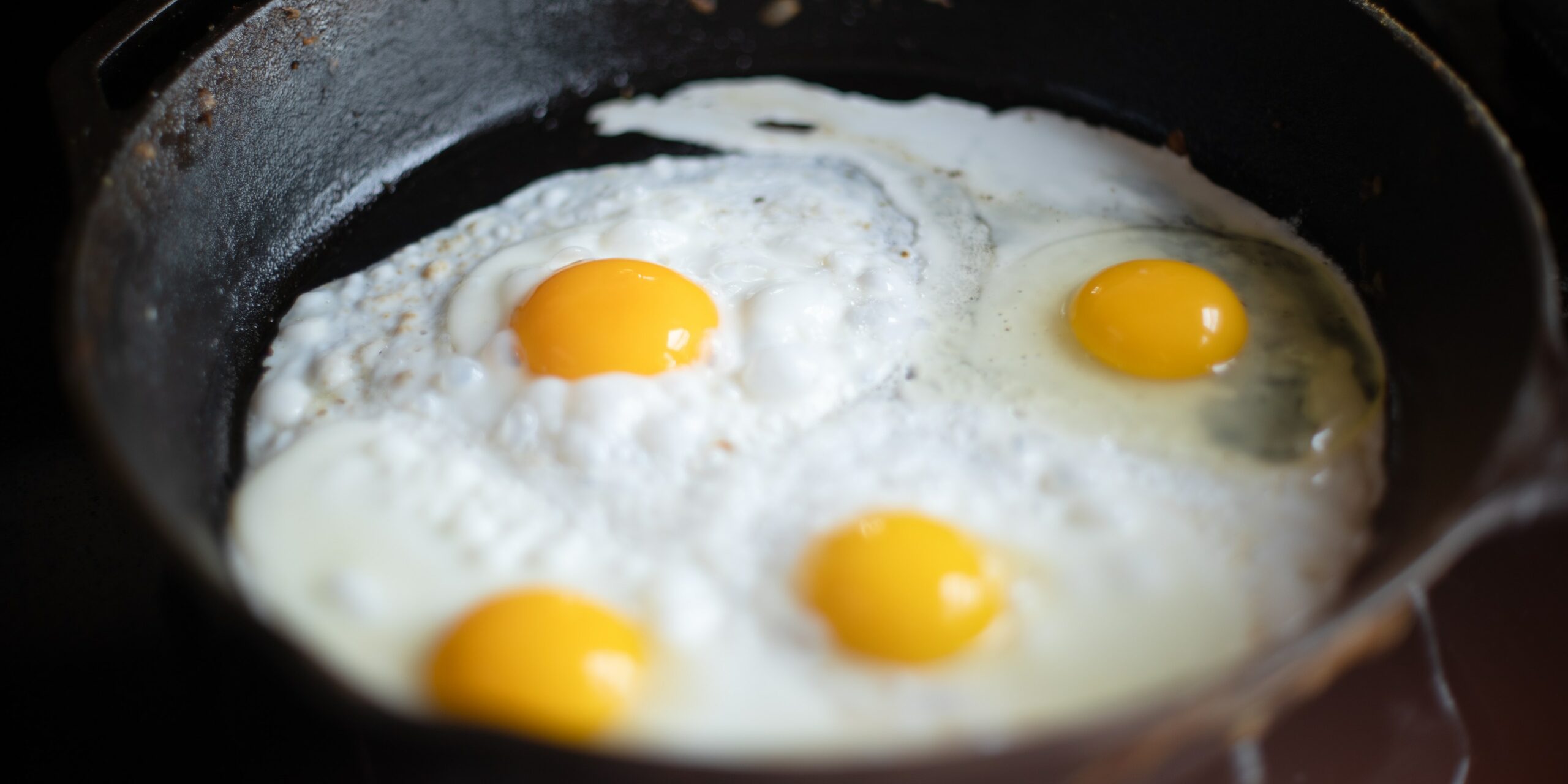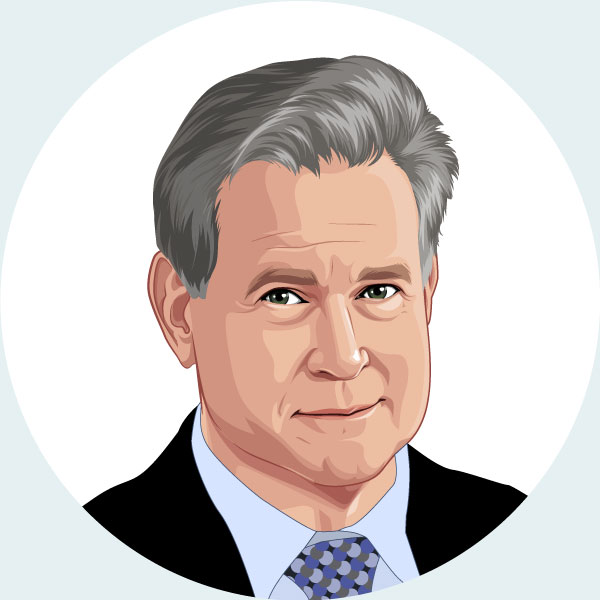
The lipid hypothesis, which postulates that lowering serum cholesterol saves lives and prevents cardiovascular disease, has been supported by a prodigious volume of evidence over the past 30 years. Lowering low-density lipoprotein cholesterol (LDL-C) has become the foundation of cardiovascular disease prevention guidelines, yet not all of the evidence supports this recommendation. – A Reappraisal of the Lipid Hypothesis, Robert DuBroff, MD, The American Journal of Medicine
Butter Battle 2.0 – The Guardian enters “The Butter Battle 2.0” More heat than light.
Here are the 10 things everyone need to know to navigate this minefield.
- LDL-Cholesterol (LDL-C) levels (from dietary fat) correlate (but poorly)
with CV mortality. - Triglyceride levels (from dietary sugar) correlate (much better) with CV mortality.
- LDL particle number (LDL-P) is the right measure for CVD, and higher is worse. But a standard lipid profile measures LDL-C, not LDL-P. Wrong test.
- Dietary fat raises LDL-C, but not necessarily LDL-P, while sugar raises triglyceride levels.
- Red meat is associated with increased CVD. But maybe not because of its saturated fat. In fact, dairy saturated fat is protective against CVD.
- If you have a super high LDL-C (over 200), then you probably also have a high LDL-P, and you might need a statin.
- If your LDL-C is between 70 and 200, maybe your LDL-P is high, but maybe it is not. Statins are not prescribed based on LDL-P; they are prescribed based on LDL-C. This is a bad idea, yet doctors do it all the time.
- 4/5 of the people taking statins were prescribed for high LDL-C. But this is the wrong reason. And 20% of statin takers get side-effects.
- That doesn’t mean you should stop your statin. But it also doesn’t mean you can eat butter with abandon.
- A doctor who knows what they are doing can figure your situation out. But most don’t know what they are doing; they do as they’re told.
Reference:
Read:
- What If It’s All Been a Big Fat Lie
-
Do statins really work? Who benefits? Who has the power to cover up the side effects?
- Re-evaluation of the traditional diet-heart hypothesis: analysis of recovered data from Minnesota Coronary Experiment (1968-73)
- New Research Confirms We Got Cholesterol All Wrong
- Lack of an association or an inverse association between low-density-lipoprotein cholesterol and mortality in the elderly: a systematic review
- The Cholesterol Myth By T.J. Moore
- Saturated fat does not clog the arteries: coronary heart disease is a chronic inflammatory condition, the risk of which can be effectively reduced from healthy lifestyle interventions
- The Questionable Link Between Saturated Fat and Heart Disease
- What’s Cholesterol Got to Do With It?
- Science says Tim Noakes is right on cholesterol – and lots more!
- Fat, Sugar, Whole Grains and Heart Disease: 50 Years of Confusion
- Heart Disease and Diabetes Risks Tied to Carbs, Not Fat, Study Finds
- Food consumption and the actual statistics of cardiovascular diseases: an epidemiological comparison of 42 European countries.

